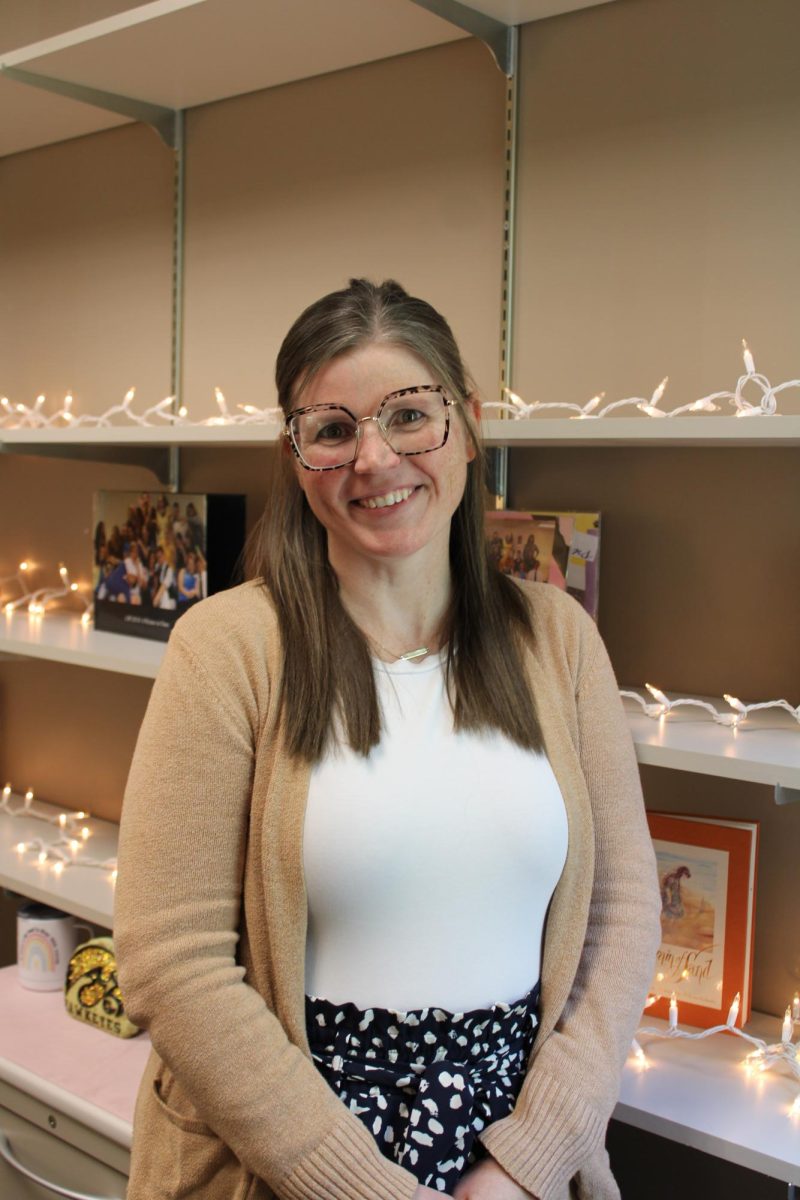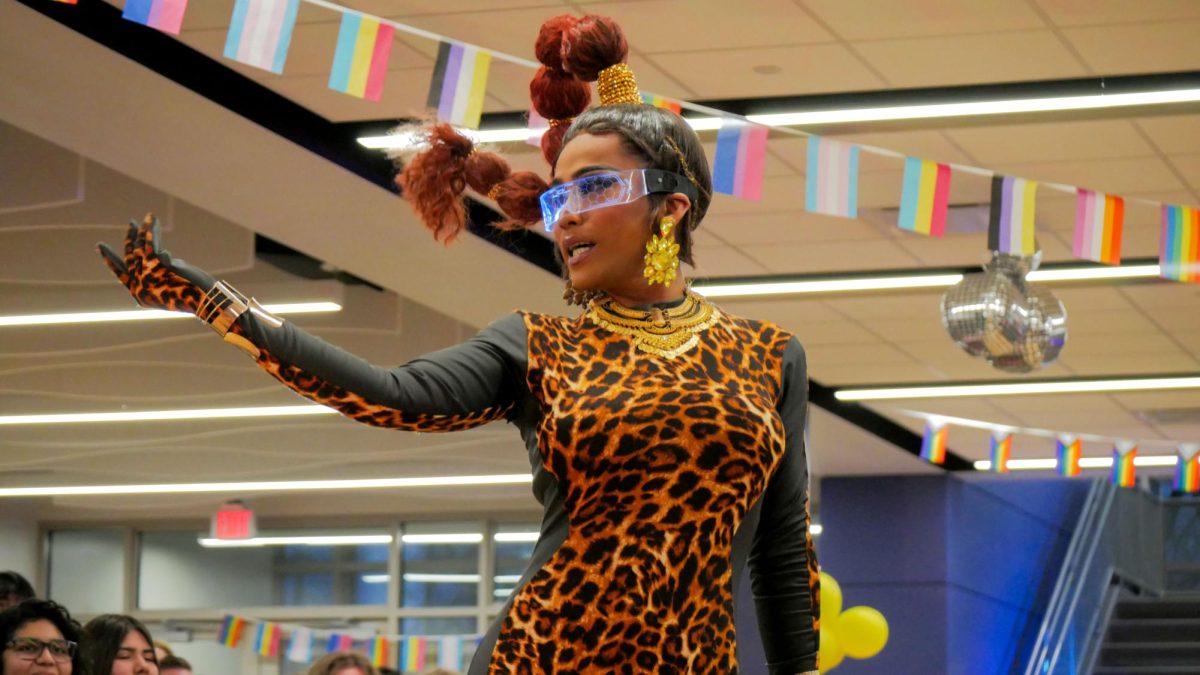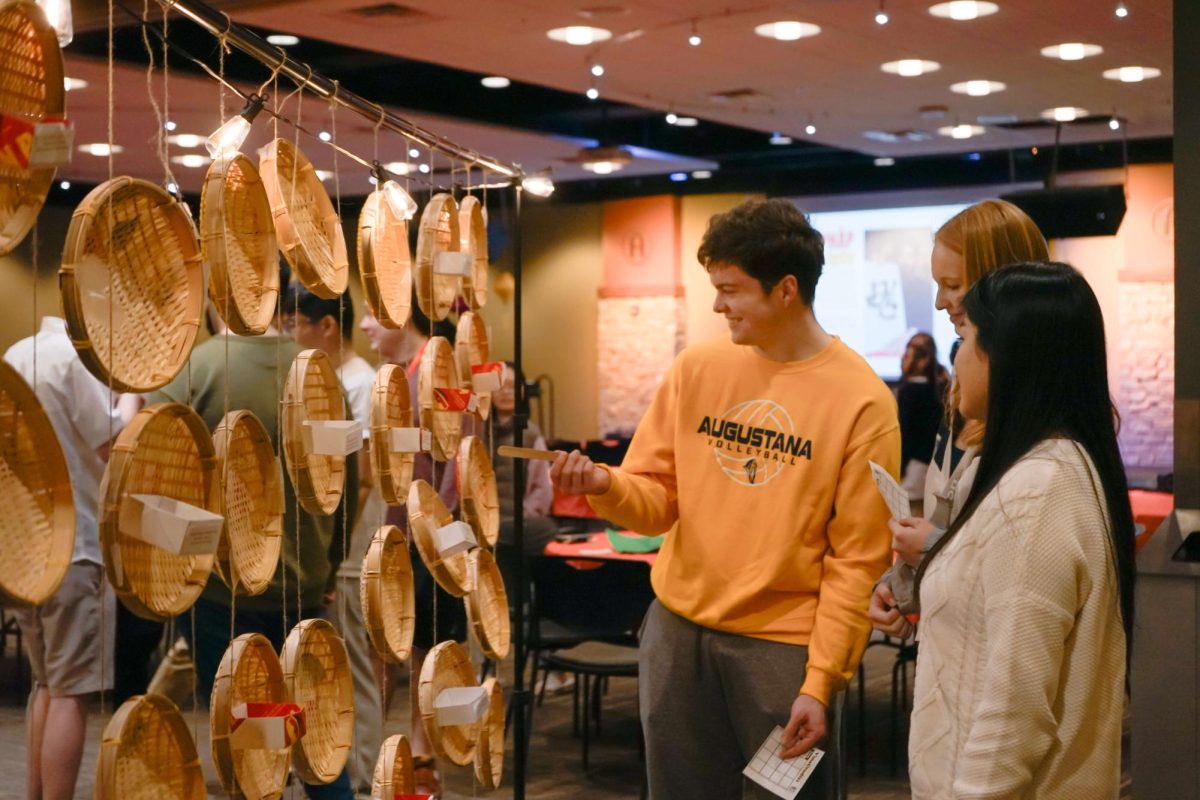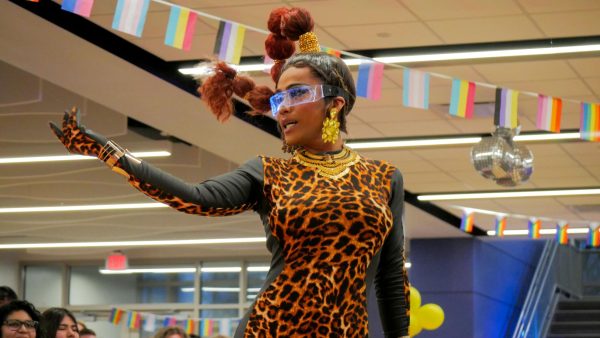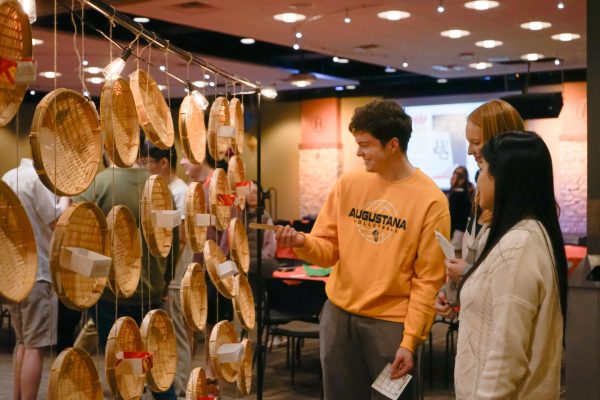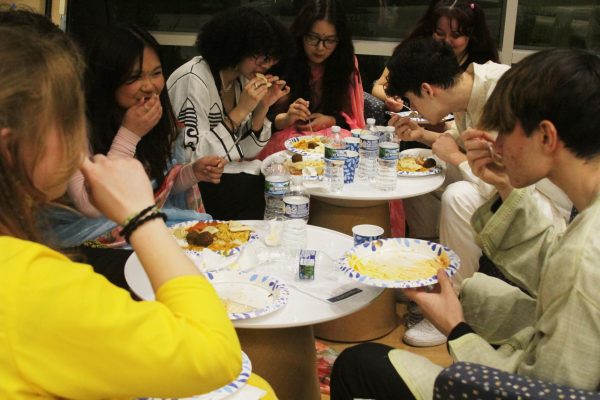Black feminism illuminates classics field
November 18, 2022
On Nov. 10, Dr. Shelly Haley, the Edward North chair of classics and professor of africana studies emerita at Hamilton College, gave an online presentation on the perspective of a Black woman in a field dominated by white men. The lecture, “What’s a Black feminist like me doing in a field like this,” is part of the classics department series “Antiquity in the New Millenium.”
In the lecture, Haley discussed her struggles, her experiences and her voice throughout her career.
“No matter how much I immerse [myself] in the ancient studies of Greece and Rome, I can never escape what it means to be Black and female in American society,” Haley said.
This year, Augustana Classics Chair Dr. Kristen Day wanted speakers to explore how contemporary representation is vital in the classics field.
“Representation is important, right? To be able to see that a minority woman, a Black woman has made her way in a field where it’s traditionally been [not just] white males, [but] elite white males,” Day said.
Representation lets people know that they can do what they’re interested in doing. Seeing people of color and strong women in these positions is good for any student, even if they’re not thinking about going into classics. It proves that there is a place for them.
We need to acknowledge that classics were forged in the crucible of white supremacy. Many western-centric narratives cite the philosophy, art and culture of Greece and Rome to justify white supremacy.
“It’s important to hear from minority voices because it opens up a conversation for those that have never experienced the hardships that come with being a minority—race, gender, sexual orientation, etc. It allows a different perspective to come to light,” first-year student Rosa Bonilla said. Bonilla is involved in African Studies.
As an African American woman who feels passionate about Black feminism, finding a place in a predominantly white field can be difficult. Haley turned to Black feminists, thinkers and theorists to bolster her work in other areas, like classics or Africana studies at Hamilton College.
“I am not just a classicist; I am a Black woman classicist, and while I’m very proud of that, that pride makes my colleagues uncomfortable,” Haley said.
When Haley began studying classics, the few women in the field had to go to Europe to seek higher education at institutions that were more established than American programs. Academics like Haley increase the potential for American programs to welcome women with faculty who understand their perspective.
In a predominantly white and male field, minorities are a very small part of that community. Their ideas and experiences aren’t shared amongst everyone, and it can often be difficult to stand out from established ideas. However, it can be positive because minorities provide new perspectives and ideas that may have otherwise been sidelined.
“Surely, I am a politically and intellectually uncritical assimilationist,” Haley said. “Running through these assumptions is the premise that you are what you teach and that you must teach what you are.”
